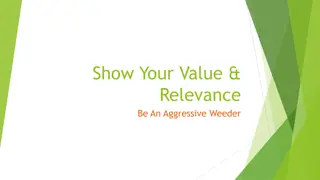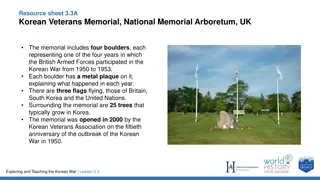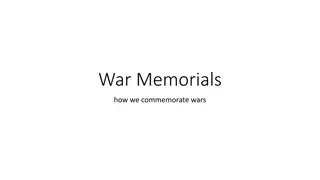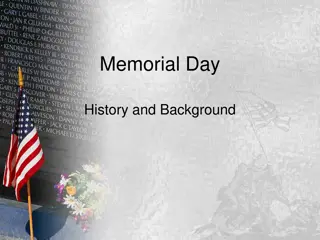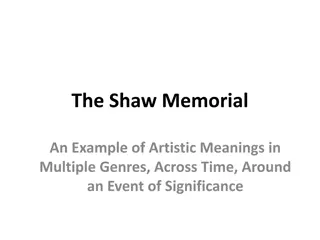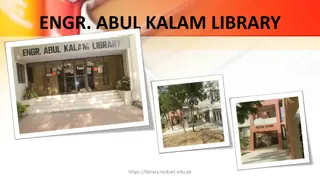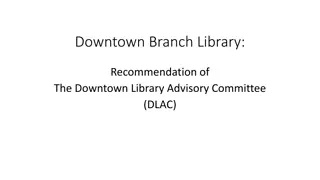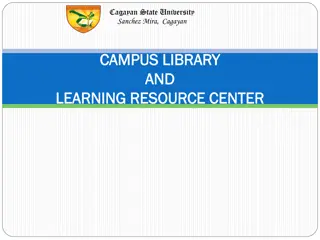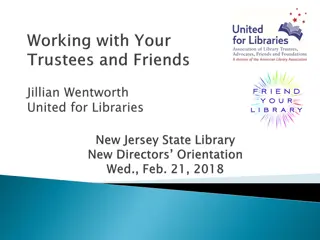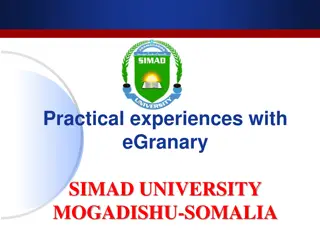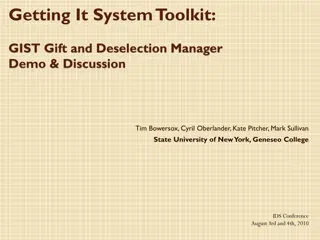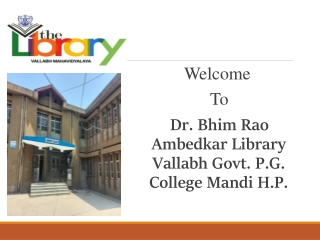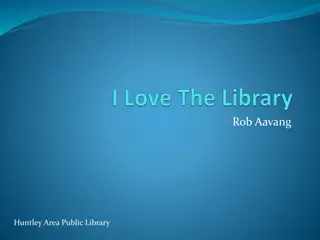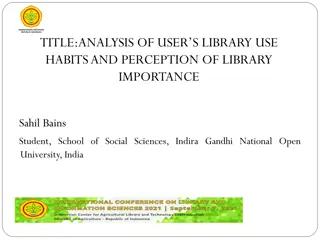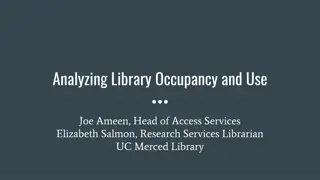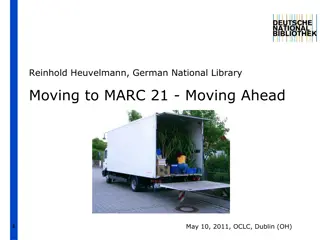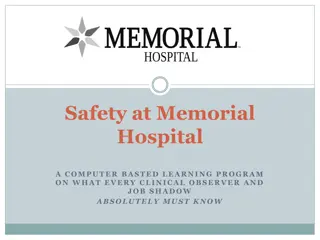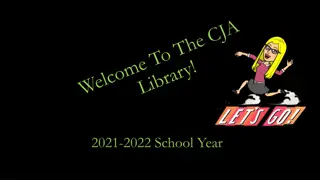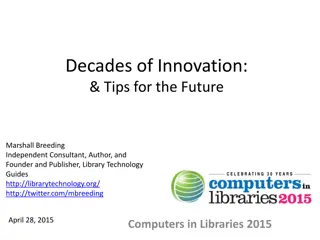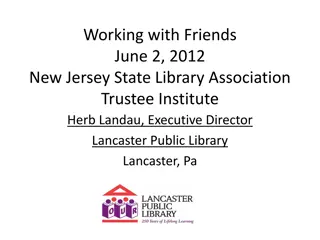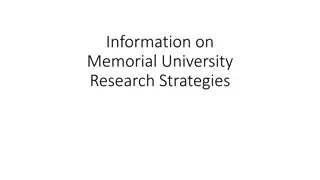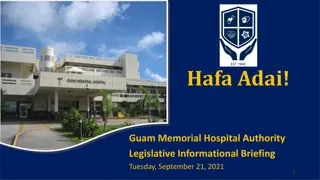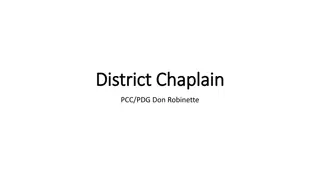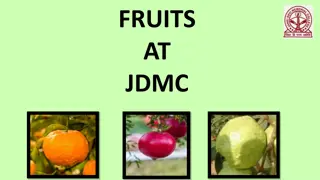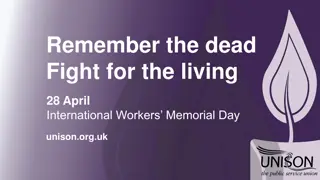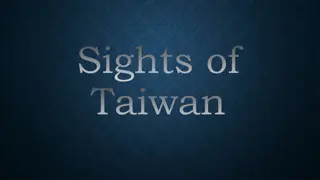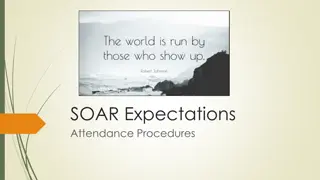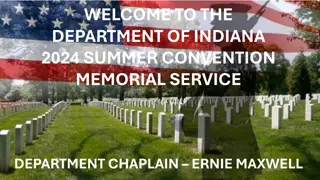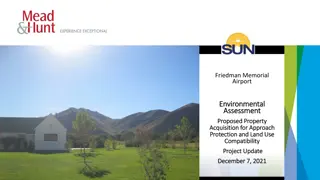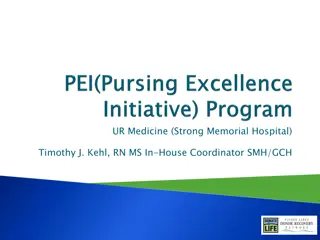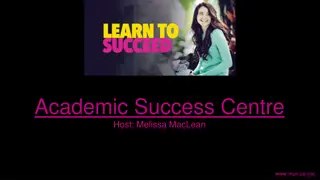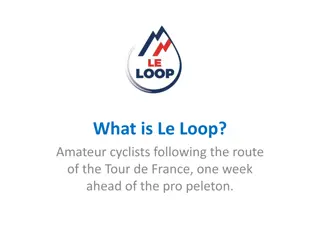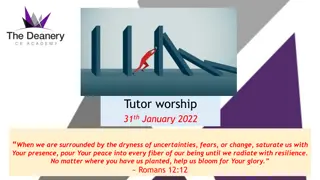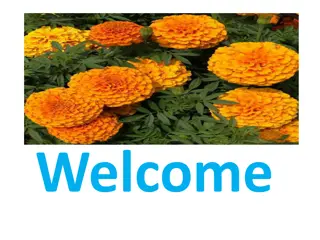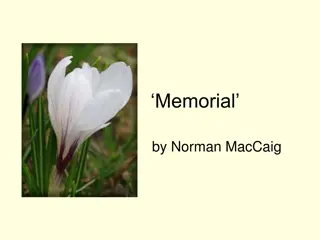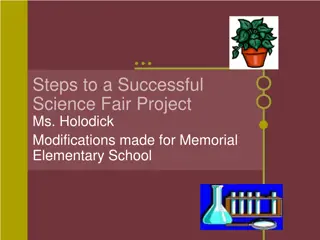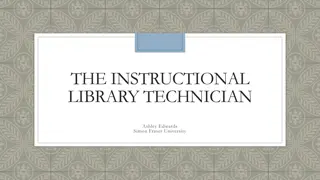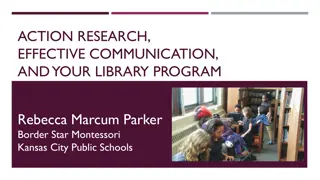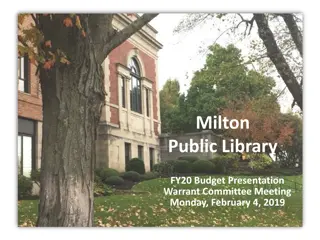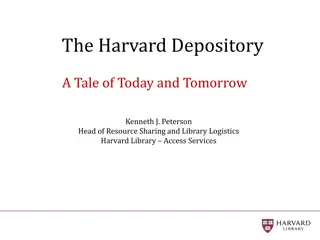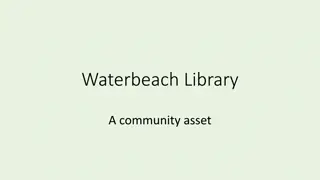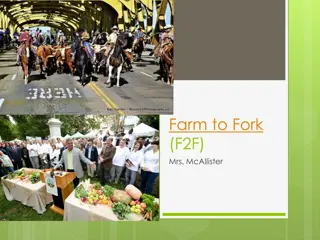Challenges and Opportunities in Weeding Practices at Wolfgram Memorial Library
The weeding practices at Wolfgram Memorial Library face various challenges due to a lack of consistent processes and historical pressure. While sections of the collection have been weeded sporadically, there is room for improvement in creating systematic and inclusive weeding projects. The library's history, including past weeding practices and the impact on the reference and circulating collections, highlights the need for a comprehensive approach to maintain an effective library collection.
Download Presentation

Please find below an Image/Link to download the presentation.
The content on the website is provided AS IS for your information and personal use only. It may not be sold, licensed, or shared on other websites without obtaining consent from the author. Download presentation by click this link. If you encounter any issues during the download, it is possible that the publisher has removed the file from their server.
E N D
Presentation Transcript
Using Mobile Worklists Limited Contact weeding Roz Goldstein, Head of Tech Services, Widener University rmgoldstein@widener.edu Tuesday, March 23 Thursday, March 25 #IUG2021 #IUG2021
Widener University Widener University s libraries include the main campus in Chester Pennsylvania as well as two law school campuses The Delaware Law School is in Wilmington, Delaware only 20 minutes away The Commonwealth Law School is in Harrisburg, Pennsylvania more than an hour and a half away from the main campus #IUG2021
Wolfgram Memorial Library This project is limited to the circulating collection on the main campus in Chester, Pennsylvania Wolfgram Memorial Library is the only library on this campus and serves the undergraduate and graduate students, as well as faculty and staff The library celebrated it s 50thanniversary this past fall #IUG2021
Wolfgram Memorial Library #IUG2021
Wolfgram Memorial Library from the air #IUG2021
Weeding traditions at Wolfgram Library There is no history of consistent weeding of the circulating collection and no pressure from past administrations to engage in a systematic weeding project Over the years weeding the circulating collection was dependent on the personality of the subject liaison librarian Some sections of the circulating collection had been weeded over the years using the data retrieved via create lists and exported to spreadsheets Parts of the collection have old, never circulated books deteriorating on the shelves #IUG2021
Weeding traditions part 2 The reference collection has been heavily weeded at least twice in order to create more study space on our main level Space was the major goal of these reference weeding projects Tech Services staff was overwhelmed with the volume of work Little thought was put into some of the weeding decisions In at least one or two cases, the titles for current standing orders were discarded without sharing the information to the appropriate staff #IUG2021
OCLCs GreenGlass analysis tool to the rescue During the Summer 2019 our new library director introduced the idea that we contract with GreenGlass to analyze our data In the Fall 2019 we sent the bib and item records to Greenglass to help with our collection management decisions The data returned included OCLC holdings data with information on local and global holdings as well as the holdings on the comparator libraries we selected #IUG2021
Preliminary project plan In early 2020 we began planning on how to move forward with the project Plans were for made to evaluate the data during the spring semester Physical weeding would be done during the summer months with fewer people in the library Each subject liaison librarian was able to control the data points best fitting their subject We will have access to our GreenGlass data for two years from Fall 2019 #IUG2021
GreenGlass Query Screen #IUG2021
COVID-19 and library closure The University went to virtual classes after March 12th, 2020 and the library closed on Saturday March 14th No one was allowed back on campus until late spring and then only one at a time in order to retrieve personal items or gather materials that would aid in their work During the summer discussions began on how to weed a physical collection with minimal contact The library re-opened to students during the fall semester, with limited hours Staff not working at the User and Access Services desk are allowed to work before opening hours #IUG2021
Limited contact weeding for COVID-19 era Previous weeding projects were much smaller projects, with multiple staff members handling the material in a short period of time We wanted to move forward with this project although most of the library faculty and staff are still working remotely either most or all of the time Materials are being quarantined between pulling from the shelves and being stamped and boxed Using Mobile Worklists takes one set of hands out of the workflow #IUG2021
Mobile Worklists The three campuses share our Sierra system We acquired Mobile Worklists several years ago as part of our migration from Millennium to Sierra For years we were unable to adjust our workflow to find a use for this app #IUG2021
Our past limited use of the Mobile Worklists app Our Delaware Law School campus was able to find a use for Mobile Worklists when a pipe burst ruining large sections of their collection Books had been discarded by a salvage company with no way to record what was gone Mobile Worklists was the perfect tool to scan the remaining titles and delete the rest #IUG2021
There was once a chance we were going to use this app at Wolfgram Library A few years ago, there was discussion at Wolfgram Library to begin an inventory project The plan was that we would use Mobile Worklists iPads were purchased in spite of the fact that many preferred the ease of an iPhone A project plan was designed and tested And then the project was forgotten #IUG2021
Mobile Worklists sign in screen #IUG2021
Mobile Worklists was the perfect solution for this weeding project Mobile Worklists fit our needs perfectly and we already had the app I created a shared Sierra account for the project so that My Lists would be available to everyone on the weeding team Two staff members (scanners) volunteered to work on the pulling/scanning part of this project 1 or 2 mornings per week One staff member has experience weeding One staff member has experience using Sierra #IUG2021
Scope of the project The first 5000 or so titles were identified for weeding because they are freely available online in the public domain, we are still working in phase 1 The second phase will be 3-4 times larger Our teaching faculty had the opportunity to review the discard lists and recommended that the library retain a few hundred titles #IUG2021
Spreadsheets have not disappeared The necessary data fields from GreenGlass are exported onto spreadsheets to be used for pulling and scanning The scanner goes to the stacks, matching the items from the spreadsheet and then pulling and scanning the barcode For any anomalies, there is a note field available especially for titles missing from the shelf Our barcodes are inside the back cover slowing down the scanning process a little bit #IUG2021
The work flow Staff are allowed into the library, preferably one at a time per functional area, in the morning hours before the library is open to the public Each staff member scanning and pulling was paired with a member of the Tech Services Department The scanning staff member delivers the finished book trucks to Tech Services. #IUG2021
The steps with Mobile Worklists are easy Each scanner, pulls the books matching the titles from the spreadsheet. The barcode is scanned as they fill the book truck When the truck or trucks are full, they are delivered to Tech Services along with the annotated spreadsheet The scanner texts or emails the recipient that another batch is ready The recipient exports the list to the ILS (Sierra) #IUG2021
Signed onto Mobile Worklists #IUG2021
My Lists Display #IUG2021
Resulting list Click on upload icon on bottom left #IUG2021
Click the export button Export to ILS creates a copy in a review file in Create Lists. #IUG2021
Create lists #IUG2021
Easy to keep stats Each Tech Services partner exports the list to a spreadsheet before beginning the deletion process A saved export was created for uniformity The statistical data on the spreadsheets are kept on a monthly basis to mirror the pre-COVID-19 procedures #IUG2021
Procedures were created to mirror in person weeding Old Book trucks filled with discards, sometimes with multi-volume sets close together, sometimes in random order New Book trucks filled with discards, call number order a bit more uniform, GreenGlass s call number sort is less than perfect Old Tech Services staff scans barcode, pulls up bib in Sierra, grabs the OCLC number, deletes holdings from OCLC and deletes Sierra record New Tech Services staff pulls up the list in Sierra create lists, grabs the OCLC number from the bib record and follows old procedure Old Titles on truck are counted by call number for monthly stats New Exported data is saved for monthly stats #IUG2021
Going forward Phase 1 of this project is to weed approximately 5,000 titles Uncertain when we will return to working in person full time The format of this project will be re-evaluated when the situation changes #IUG2021
In the meantime We have made a dent in our weeding project We have established closer inter-departmental relationships The logistics of moving discards out of our building (we do not have a loading dock) works much smoother with our slower pace #IUG2021
THANK YOU Questions? #IUG2021
Contact information Roz Goldstein rmgoldstein@widener.edu #IUG2021


